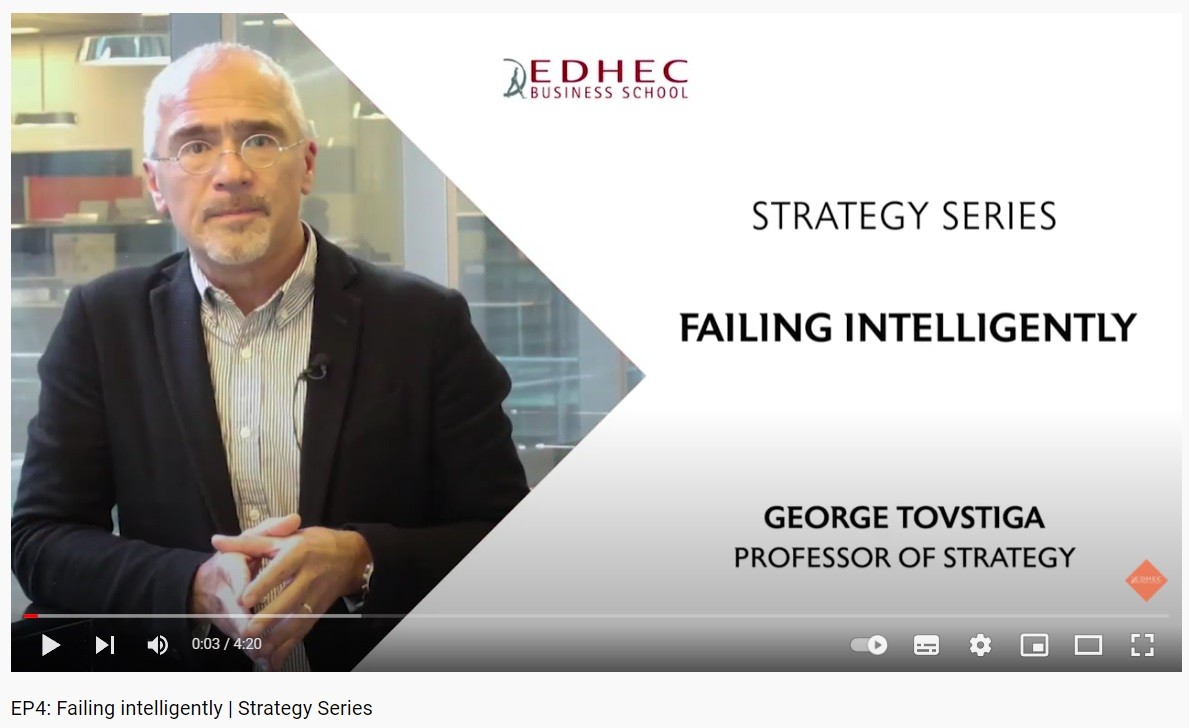The Experimentation Process
“Ever tried. Ever failed. No matter. Try again. Fail again. Fail better.”
Samuel Beckett
James Joyce noted rather poetically that “mistakes are our portals of discovery.” They stimulate us to look beyond our narrow cocoon and encourage lateral thinking. They invite a fuller exploration of the periphery, that vast domain outside our area of focus where treasure may be hidden. Thomas J. Watson, Sr., who founded IBM, understood this deeply when he said: “So, go ahead and make mistakes. Make all you can, because that's where you will find success: on the far side of failure.” But these great examples are the exception to the rule.
Research shows that most organizations are not very good at accepting failure. Most just want to eliminate errors altogether. This is because most managers pray at the altar of results rather than innovation.
In fact, failure itself doesn’t lead to innovation, it’s more about how you deal with failure that matters. We will certainly not tolerate if the engineers who build our city bridges or doctors who treat us fail in what they do. But if you are breaking new ground, it is inevitable to fail at some point and often it’s part of the experience. So, a failure culture is not an excuse for delivering poor quality of known territory. Instead, it is linked to new ideas and approaches to do things differently. After every failure, it’s necessary to dive deep into their reasons and figure out how to avoid the misstep next time. Changing the corporate language from "risk and failure" to "experiment and learn" becomes indispensable. Below we present approaches to how failure can be used as a lever for innovation.
Successful companies must strike a balance between performance and learning cultures. A key obstacle is our deeply ingrained aversion to failure. Your psyche registers pain more strongly than loss. So we need to work on reframing failure as perhaps “time-released” success. Just view it as the bitter medicine that we need for innovation, and then take a few gulps.
Are we born with an ability to be innovative or is it a skill that can be taught?
Let´s check in this video.


No Comments